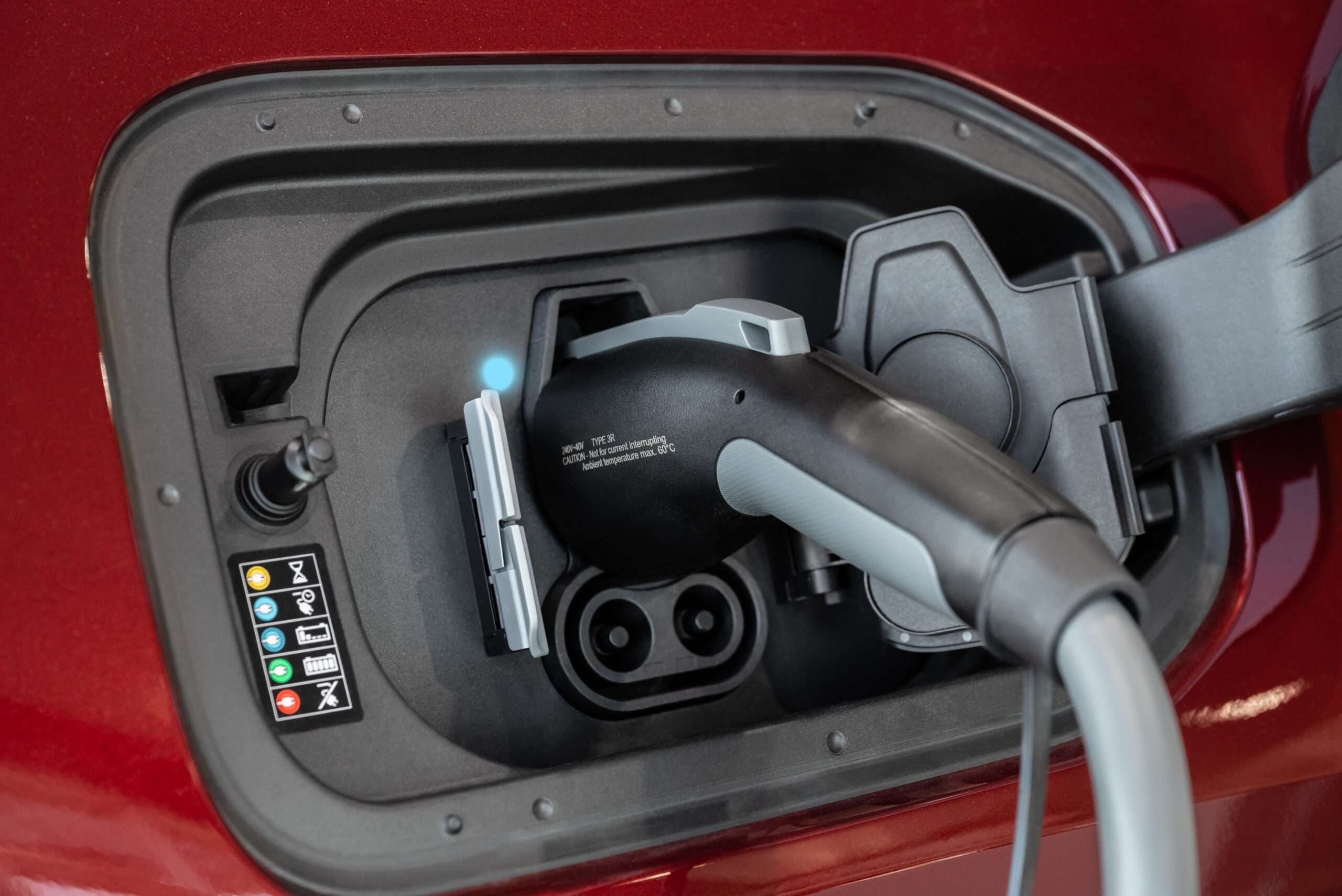
North Texas is set to benefit from a significant boost in electric vehicle (EV) infrastructure with the allocation of $85 million in federal energy funding. The North Central Texas Council of Governments is slated to receive $15 million to install 100 new public EV charging stations, along with an additional $70 million earmarked for the construction of up to five hydrogen fueling stations within the state.
Despite already having over 900 charging stations in the Dallas-Fort Worth region, only a few of them are currently free for public use. The proposed hydrogen stations aim to support freight trucks traveling across the state, connecting major cities like Dallas-Fort Worth, Austin, Houston, and San Antonio. The overarching objective of the project is to establish a hydrogen fueling corridor stretching from Texas to southern California.
This initiative aligns with the Biden administration’s focus on promoting alternative fuels to reduce environmental impact and reliance on fossil fuels. As part of this strategy, incentives are being offered for hydrogen production, presenting an attractive option for semi-trucks seeking to transition away from traditional gas and diesel fuels, offering both environmental and economic benefits.
However, the adoption of electric vehicles in Texas, particularly in some Republican-led states, has faced challenges. A recent state law mandates electric vehicle owners to pay a significant registration fee of $400 for two years, with an annual renewal fee of $200. This fee structure is intended to compensate for lost gas tax revenue. Additionally, the state of Texas is challenging the Environmental Protection Agency’s emission standards for vehicles built between 2023 and 2026.
Considering environmental concerns, vehicles in Dallas-Fort Worth contributed over 39 million metric tons of carbon dioxide equivalent in 2019, with on-road transportation accounting for a substantial 88% of total transportation emissions. Despite this, residential and commercial electricity use remains a significant contributor, comprising 53% of local emissions.
In response to these challenges, the North Central Texas Council of Governments is developing the Dallas-Fort Worth Air Quality Improvement Plan. The plan, spanning the years 2025 to 2030, aims to enhance air quality in the region, where current levels do not meet federal standards. Strategies include expanding EV charging options and promoting EV adoption across Collin, Dallas, Denton, and Tarrant counties.
Notably, Dallas ISD recently secured $6.7 million from the EPA to replace existing school buses with zero-emission buses, contributing to local efforts to address emissions from the transportation sector. The council is actively engaging the community in this air quality improvement initiative, with a listening session scheduled for January 24, accompanied by a survey open through the end of the month. The first draft of the plan is expected to be released on March 1, outlining actionable steps toward cleaner air in the Dallas-Fort Worth region.





